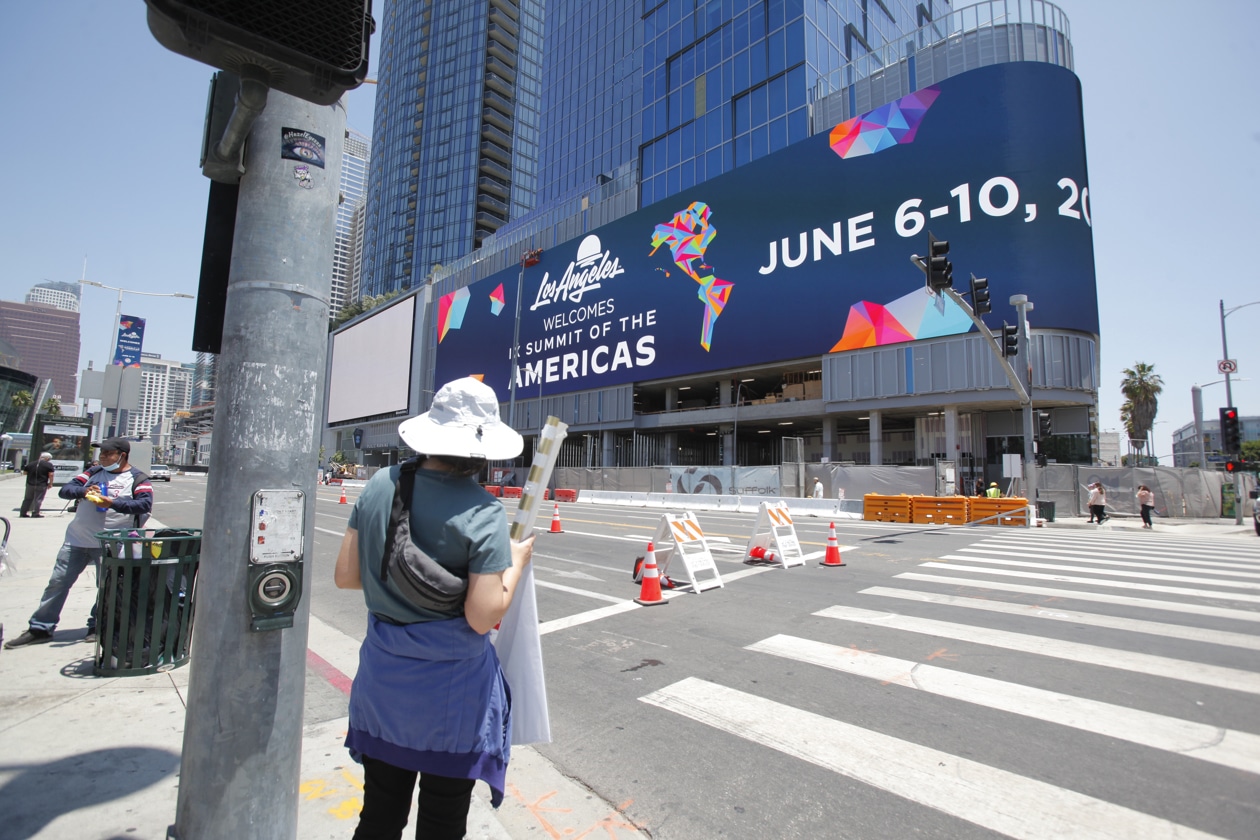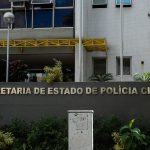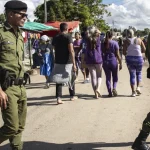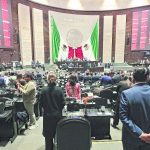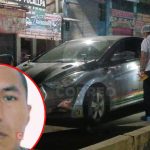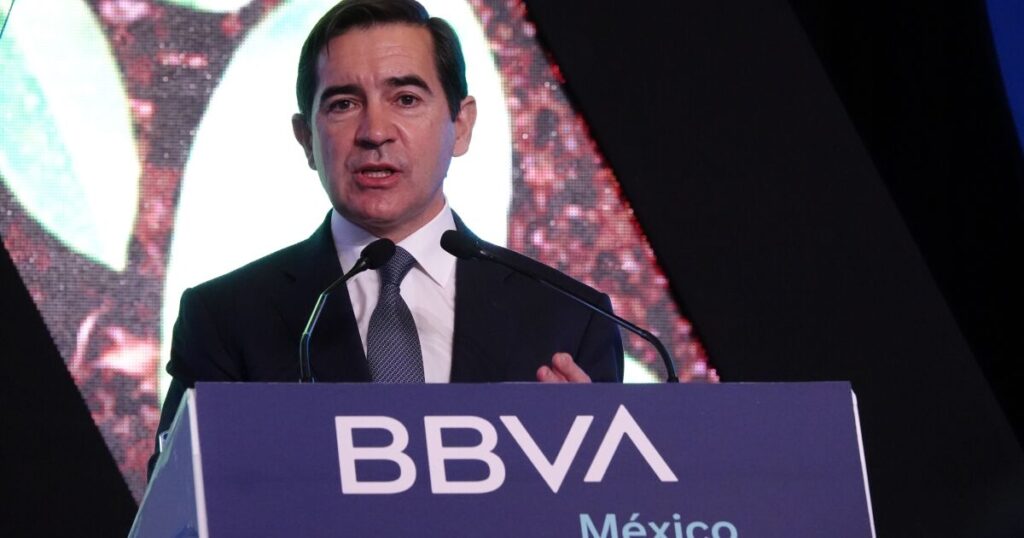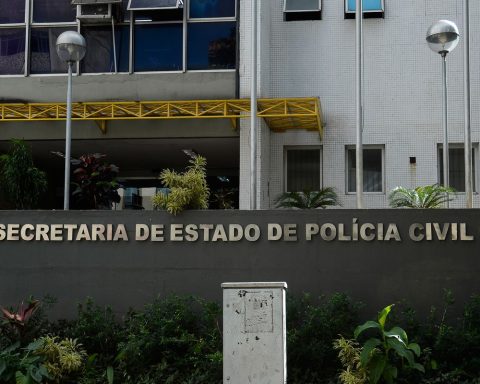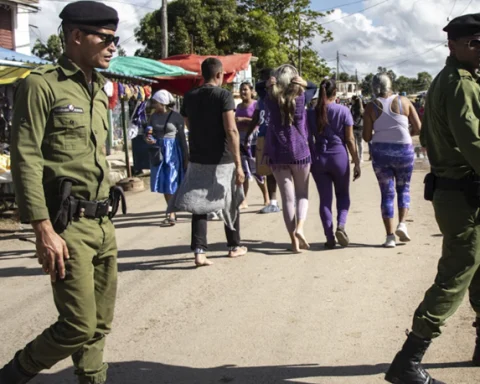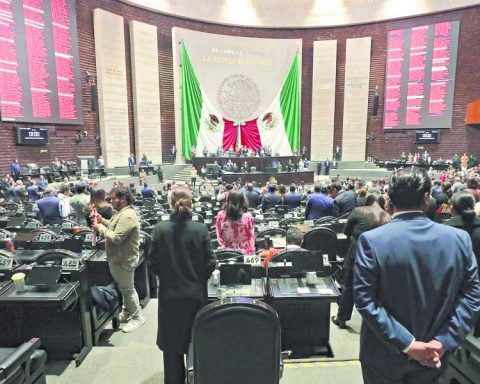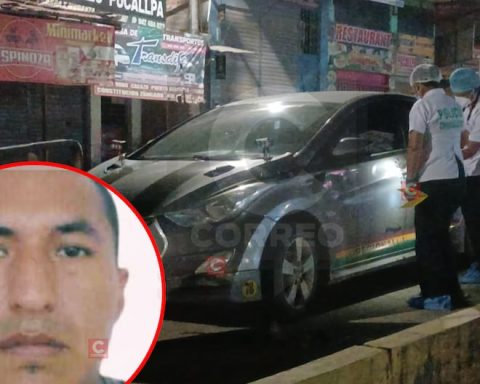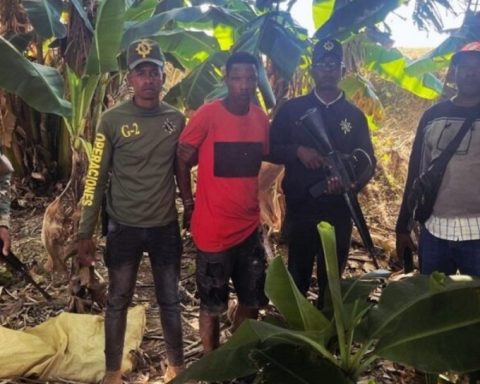Members of Nicaraguan civil society repressed by the dictatorship of Daniel Ortega and Rosario Murillo will be in charge of placing the issue of the serious human rights crisis in Nicaragua at the IX Summit of the Americas, which began this Monday, June 6, in Los Angeles. , California, and hosted by the United States.
In the meeting, there will be no representation of the Ortega regime, since they were not invited like Cuba and Venezuela. Through participation in civil society forums, Nicaraguan civic leaders in exile will maintain a common discourse of warning about the deepening of the crisis and repression in Nicaragua.
The human rights activist and president of the Nicaraguan Movement in the World, Haydée Castillo, affirmed that the main mission of civil society at this Summit is “to ask the international community for more forceful and effective actions to achieve, as a priority, the release of of political prisoners.
Castillo listed some of the complaints that they intend to highlight in the different meetings with representatives of the governments of the different countries: the repressive escalation of the regime, the mass exodus of Nicaraguans, the attack against the independent press and the multiple human rights violations committed since 2018. .
“At the Summit there will be first-hand testimonies from victims of the brutal repression of the Ortega-Murillos, so that the international community knows that it is necessary to go beyond calls, exhortations and petitions to a regime with that level of criminality, to real actions that contribute to give in to first release the prisoners and a transition to democracy,” Castillo said.
Meeting with Almagro
A delegation from Nicaraguan civil society met this Monday with the Secretary General of the Organization of American States (OAS), Luis Almagro, with whom they spoke about human rights violations and crimes against humanity in Nicaragua.
In addition, the dismantling of civil society organizations and the “annihilation” of freedom of expression, with the closure of 21 media outlets and “65 prosecuted journalists,” according to a tweet by Almagro.
Meeting with the Nicaraguan delegation in #IXSummit on decommissioning d org. of soc. in the country, human rights violations and crimes against humanity and annihilation of freedom of expression with 21 media outlets closed and 65 journalists prosecuted. The freedom of political prisoners is urgent pic.twitter.com/B5Q799QCWA
— Luis Almagro (@Almagro_OEA2015) June 6, 2022
“The freedom of political prisoners is urgent,” wrote the Uruguayan diplomat.
At the meeting were the peasant leader Francisca Ramírez; the activist Haydée Castillo; the president of the canceled Citizens for Freedom (CxL) party, Kitty Monterrey; the journalist Aníbal Toruño; and the lawyers of the annulled Permanent Commission of Human Rights (CPDH), Marcos Carmona and Denis Darce.
Campaign for political prisoners
For the human rights defender of the Nicaragua Never Again Collective, Wendy Flores, the Summit will be a space to provide international missions and governments of the Americas with “information on the serious situation that Nicaragua is experiencing.”
“We believe that it is an opportunity for them to learn about the systematic violation of human rights, particularly about the situation of political prisoners in the different prisons of Nicaragua, in which their lives are at risk every day,” he said.
Damaris Rostrán, from the New York and New Jersey Working Group on Nicaragua, also said that her goal is to ensure that the countries of the continent are up to date on what is happening in Nicaragua. “There are three dictatorships in Latin America, decision makers in Latin America and the United States must pay attention to their foreign policy, what needs to be improved and what actions can be taken in this regard,” she said.
Lilliam Robelo, representative of the Civic Association for Democracy, positively highlighted that there is this common discourse from Nicaraguan civil society about what is happening in Nicaragua and about the priorities on the agenda, and also considered that for the nations of the continent It should be a call to promote “a minimum ceiling of governability and democracy” in the region.
An indirect resolution for Nicaragua
Castillo explained that one of the demands is that Nicaragua be an item on the agenda in the final resolution of the Summit and although he does not believe that a “particular reference” will be made, he considers that “there will be calls for the restoration of democracy, for the protection of human rights.” rights and the restoration of freedoms”.
“It will be a declaration practically addressed to Nicaragua, Venezuela and Cuba, which are three dictatorial regimes that continue to violate human rights in the region,” Castillo said.
Rostrán added that he hopes that in the declarations that come out of the Summit on specific issues, they include the reality of Nicaragua.
Castillo mentioned that Nicaragua’s absence from this type of spaces shows “that they are entrenched with allied and denounced regimes.”
For Robelo, the fact that Nicaragua as a State is not invited to the Summit means that the voice and discourse to position itself is that of Nicaraguan civil society.
Flores agreed that “it is necessary that the voice of the people of Nicaragua be there demanding justice and democratization.”
Jonathan López, released and representative of the Youth and Student Unit, hopes that Nicaragua’s non-invitation “is because they will effectively take action on the matter for a regime that violates fundamental human rights.”
“I hope that there are more solid approaches between the different presidents, that they seriously consider the situation that the peoples of Nicaragua, Venezuela and Cuba are experiencing,” he specified.
Nicaraguan exodus
Former Costa Rican President Laura Chinchilla (2010-2014), envisions a meeting focused on immigration. In this regard, Flores believes that this also directly affects the mass exodus from Nicaragua, Venezuela and Cuba.
“The massive departure of Nicaraguans is a reality that is seen daily and it is a situation that affects many countries in the region,” said the human rights defender.
López, who was forced to migrate after being expelled from his Economics degree at the National Autonomous University of Nicaragua (UNAN-Managua), believes that the massive outflow of Nicaraguans to Costa Rica and the United States will be “an issue of great relevance ” at the Summit.
“Many governments, including Mexico, have had to start taking measures in the face of the massive arrival of migrants, which for some is unsustainable and shows the serious economic and political situation that these citizens are experiencing in their countries,” he said.
A caravan of nearly 15,000 migrants, including dozens of Nicaraguans, left Chiapas, on Mexico’s southern border, on Monday for the United States. against the background of the Summit of the Americas, which began with migration as a priority issue.
A single voice of Nicaraguans
During the next few days, the Nicaraguans who have arrived in Los Angeles will not only have the opportunity to participate in the many forums to which they have been summoned, but will also participate in activities of the Nicaraguan diaspora and of the different organizations of compatriots, in which they will take advantage of to get to know each other, “to know what each group does, how we can integrate to continue working and possible collaborations,” said Robelo.
For Manuel Orozco, a Nicaraguan political scientist and researcher at the Inter-American Dialogue, it is correct that the Nicaraguan civic leadership is presenting itself as a single voice above any ideological perspective. “There are different civil organizations, political parties, independent representations and all of them are presenting a point of view and want the situation of prisoners of conscience to be resolved,” he stressed.
The Summit is —for the analyst— “a privileged space to transmit the message”, since it is the few occasions in which some 30 heads of state meet.
That there is a conviction, along with an action is the desired result. “That is what may possibly occur after the Summit by several countries,” Orozco said.
The message about Nicaragua, which the representatives of civil society are delivering to the different heads of state, will be repeated by them in various spaces, he projected, so that during the next four years —the period between each Summit—, Nicaragua remains on the agendas from at least ten countries on the continent and to press harder for changes in the country.
Biden’s Ads
The president of the United States, Joe Biden, will announce this week about 300 million dollars in food aid, a reform of the Inter-American Development Bank (IDB) and a declaration on migration, a government official told the Efe agency.
On Wednesday the predominant theme will be the economy, while on Thursday the focus will be on the climate crisis. For now, civil society events are being held and at the end of the week the leaders will meet.
According to officials, the Vice President of the United States, Kamala Harris, will have a leading role this Tuesday, when she will announce new commitments for private investment in Central America, within a plan called “Call to Action”, to tackle the economic and social causes of migration to the United States.
Biden will preside over the signing of a document called “The Los Angeles Declaration on Migration” on Friday, which will also be signed by Mexico despite the fact that its president, Andrés Manuel López Obrador, announced this Monday that he will be absent from the meeting in rejection of the exclusion of Cuba, Nicaragua and Venezuela.
That statement will not be made public until Friday, the day the summit concludes.
For now, the attendance at the summit of 23 heads of state and government of the American continent is confirmed, as well as members of civil society from various countries, including representatives of opposition leader Juan Guaidó, who Washington recognizes as interim president of Venezuela, he indicated. the Efe agency.
